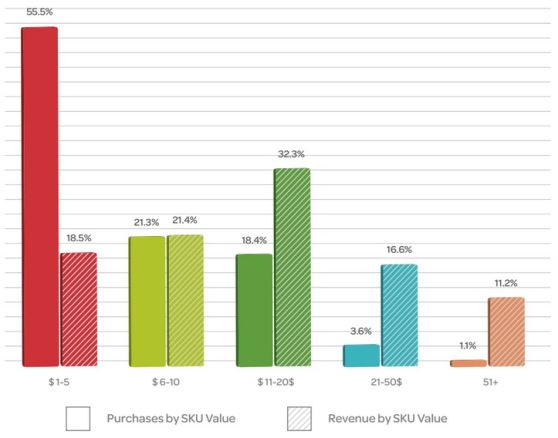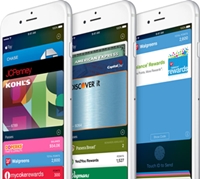Maciej Czekała talks about how best to use apps in business
Maciej Czekała, a professional game specialist, during Mobile Trends for Business will talk about GeemZoom, a new tool for game and mobile application developers. Under "3 questions for the speaker," he talks about mobile apps in a business context. Which apps are needed and which are unnecessary? Which have the best application for business?
This is what you will learn from the interview.
What mobile apps do you think can support business?
Any mobile application must be practical and must have a specific use. Whether the premise is to inform, educate or entertain, the app must do so clearly and transparently.
Business can be supported by many different types of applications and it depends on the individual needs and type of business of the company. One of the more popular models is to extend the product with access to it from the mobile app. A customer likes a product and wants to have access to it all the time, so an entrepreneur, wanting to develop business, should enable him or her to do so. A strong support for business is always information applications that help you get to the product or help you see that it is just what you are looking for.
In this type of applications it is essential that they work offline. This is because it builds their definite advantage over websites.
Who do you think should have a mobile application, and for which companies it is unnecessary?
The plethora of apps in the marketplaces makes people more and more careful and aware of what they install, and even more so, what they leave on their phones. If an app isn't useful, doesn't add value to the user, there's a good chance it will be deleted by the user.
In my opinion, businesses such as restaurants or small stores, instead of creating a dedicated app, should look for opportunities to plug into aggregators of information about a particular industry. It is not only more profitable for them, but also a more efficient solution. This is because most foodies are looking for a particular food, not a particular restaurant.
Of course, we can't make this a rule, as each business has its own specifics, strategy and requires an individual approach. The situation may look different if the restaurant/pub/club organizes a lot of initiatives that make the customer feel special, chosen, appreciated. For example, a club offers a free pass to app owners, a pub sends information on when concerts are held, etc.
Let's not forget that in order for an app to generate interest and be eagerly used, you need regular customers who are familiar with the brand and can count on bonuses from it.
Who should have a mobile app? Companies and businesses that deal with audio and video should definitely have applications that give users access to these media. Similarly, news outlets that want to communicate with their audiences should have dedicated apps to build prestige and serve news on a regular basis.
In all cases, the ability to collect relevant statistics as to app usage and utilization is key.
Gave a talk at Mobile Trends for Business. What your speech will be about?
During the lecture I will introduce a new tool for developers of games and mobile applications, which is GeemZoom. It is a comprehensive product that is designed to help and relieve developers of many server and backend issues. GeemZoom can be used in both mobile games and apps.
Features like push notification, cloud storage and scoreboards based on relationships between users are just a few of the many capabilities of this service. We want to meet the expectations of the industry and give developers capabilities without using additional SDKs. We can already read QR codes on the server side. GeemZoom is not only a technical support service, but also a marketing one.
All games and apps will be collected in rankings and then suggested to users according to their tastes and preferences. The idea of big data is an important aspect here, which can be used to better understand and respond to audience needs.
Maciej Czekała
Graduated from the University of Abertay in the UK with degrees in Game Production Management (BA Hons) and Game Development (Masters). During his studies, he did an internship at the BBC as a producer and designer of interactive applications and games, and worked as a game tester for films such as TPLD and YoYoGames. In his fourth year, he started working for Cohort Studios where he took the position of assistant producer and helped develop The Shoot, which was one of the launch titles for the PS3 and the Move controller.
During his senior year, he designed, created graphics and programmed his first iOS game, which resonated with the local community and reached a ceiling of 40,000. downloads. After returning to the country, he started working for Insys on games and mobile apps.



